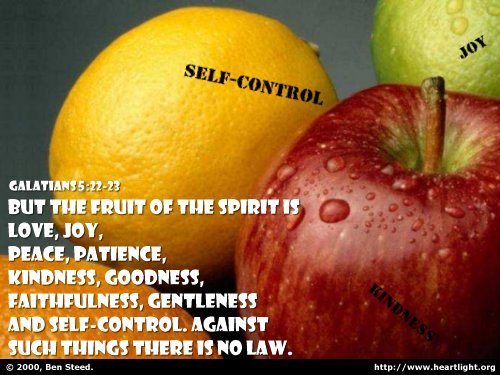 I've been listening to a few things from the Relational Mission Sphere (http://www.relationalmission.com/) recently. The last thing I listened to was a guy from Tom Shaw from Karen's old church in Canterbury speaking on 'Reaching and Keeping 20s.' He said a few things that grabbed hold of me and I thought I would share them...
I've been listening to a few things from the Relational Mission Sphere (http://www.relationalmission.com/) recently. The last thing I listened to was a guy from Tom Shaw from Karen's old church in Canterbury speaking on 'Reaching and Keeping 20s.' He said a few things that grabbed hold of me and I thought I would share them...He spoke from the passage about Jesus sending out his disciples from Luke 10.
Luke 10: "The Lord now chose seventy-two other disciples and sent them ahead in pairs to all the towns and places he planned to visit. 2 These were his instructions to them: “The harvest is great, but the workers are few. So pray to the Lord who is in charge of the harvest; ask him to send more workers into his fields. 3 Now go, and remember that I am sending you out as lambs among wolves. 4 Don’t take any money with you, nor a traveler’s bag, nor an extra pair of sandals. And don’t stop to greet anyone on the road."
He made three points that made an impact, they were:
1) We're Heralds not Heroes.
 Jesus sent the 72 out as lambs. Not courageous lions or roaring tigers, but timid, fearful lambs. Feeling fear when sharing about Jesus is natural and expected, but the great thing is that we are just heralds. Our job as disciples is to just 'go ahead' of our king and bring people into contact with Jesus. We're not there to break open hearts, or convince minds or even to 'convert' people. That's the Holy Spirit's job. We don't need to have all the answers, our job is to just be real. To be real about our faith; be real about how awesome are father is; and to be real about how loving our saviour is. We are just heralds that go before the King announcing that he's coming. We're heralds, not heroes and once we realise that, fear begins to shrink away.
Jesus sent the 72 out as lambs. Not courageous lions or roaring tigers, but timid, fearful lambs. Feeling fear when sharing about Jesus is natural and expected, but the great thing is that we are just heralds. Our job as disciples is to just 'go ahead' of our king and bring people into contact with Jesus. We're not there to break open hearts, or convince minds or even to 'convert' people. That's the Holy Spirit's job. We don't need to have all the answers, our job is to just be real. To be real about our faith; be real about how awesome are father is; and to be real about how loving our saviour is. We are just heralds that go before the King announcing that he's coming. We're heralds, not heroes and once we realise that, fear begins to shrink away. 2) We need to be motivated by joy, not guilt.
Jesus starts off with the statement "The harvest is great, but the workers are few." That could be quite a guilt-laden statement. I'll be a harvester, but only because I have to... But Jesus adds something more "So pray to the Lord, who is in charge of the harvest." By adding that extra statement, 'mission' is not about guilt, but about being sent by the Father. So mission, should be a joyful response to knowing the Father, rather than a guilt-ridden response to the churches call. In fact, when christians are on mission and sharing about Jesus, it is when we are at our most joyful. So, our evangelism should be a response to our awesome father. Not feeling too evangelistic? Perhaps we need to spend some more time dwelling on who we are in Jesus, in God. Perhaps we need to spend some more time being sons and daughters.
3) We need to make friends with the feeling of vulnerability.
We can't trust God, if we're too busy trusting ourselves. When Jesus sent out the 72, he sent them out without a bag, money or extra shoes. Why? Because they needed to learn to be reliant on God and not themselves. Jesus regularly mentions how he didn't act without the Father, if that's true of Jesus, how much more so for us! We need to get used to feeling vulnerable and having to trust and hear from God in different situations. We need to get used to hearing God's prompting in different situations, rather than having a comeback already prepared. We need to make friends with vulnerability, because in our weakness, God is made strong.
The 72 went out apprehensive like lambs, with no money or clothes or anything. Yet they came back 'full of joy'. Why? Because they got to listen to the Father and herald the king. When we do God's Mission with Jesus, he can turn our fear into courage, our guilt into joy and our self-reliance into dependence on him.
And just remember, the harvest is plentiful.
(If you want to listen check out the link. http://www.relationalmission.com/resources/item/reaching-and-keeping-twenties-and-students-part-1 It's a wee bit slow to get started, but if you skip through to about 24 mins.)
















